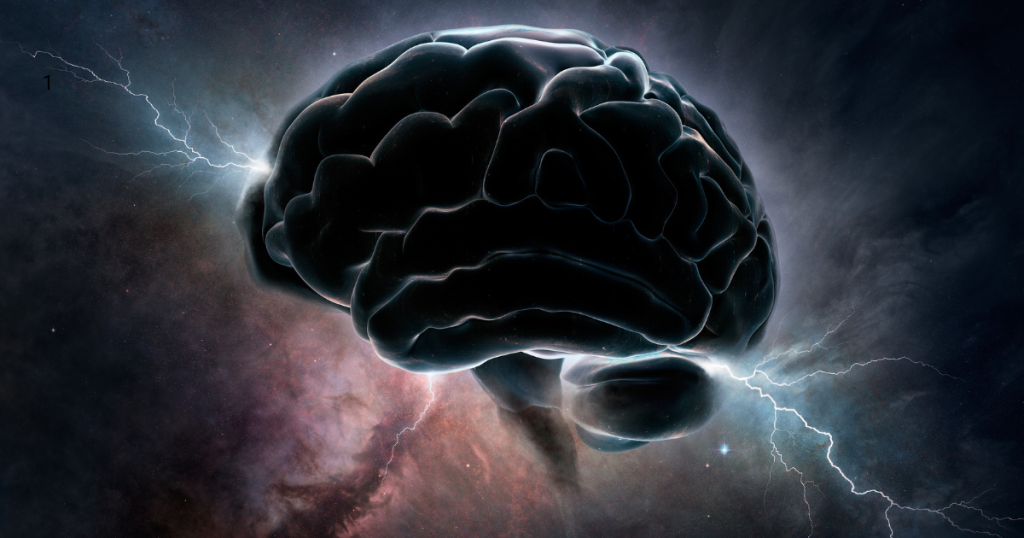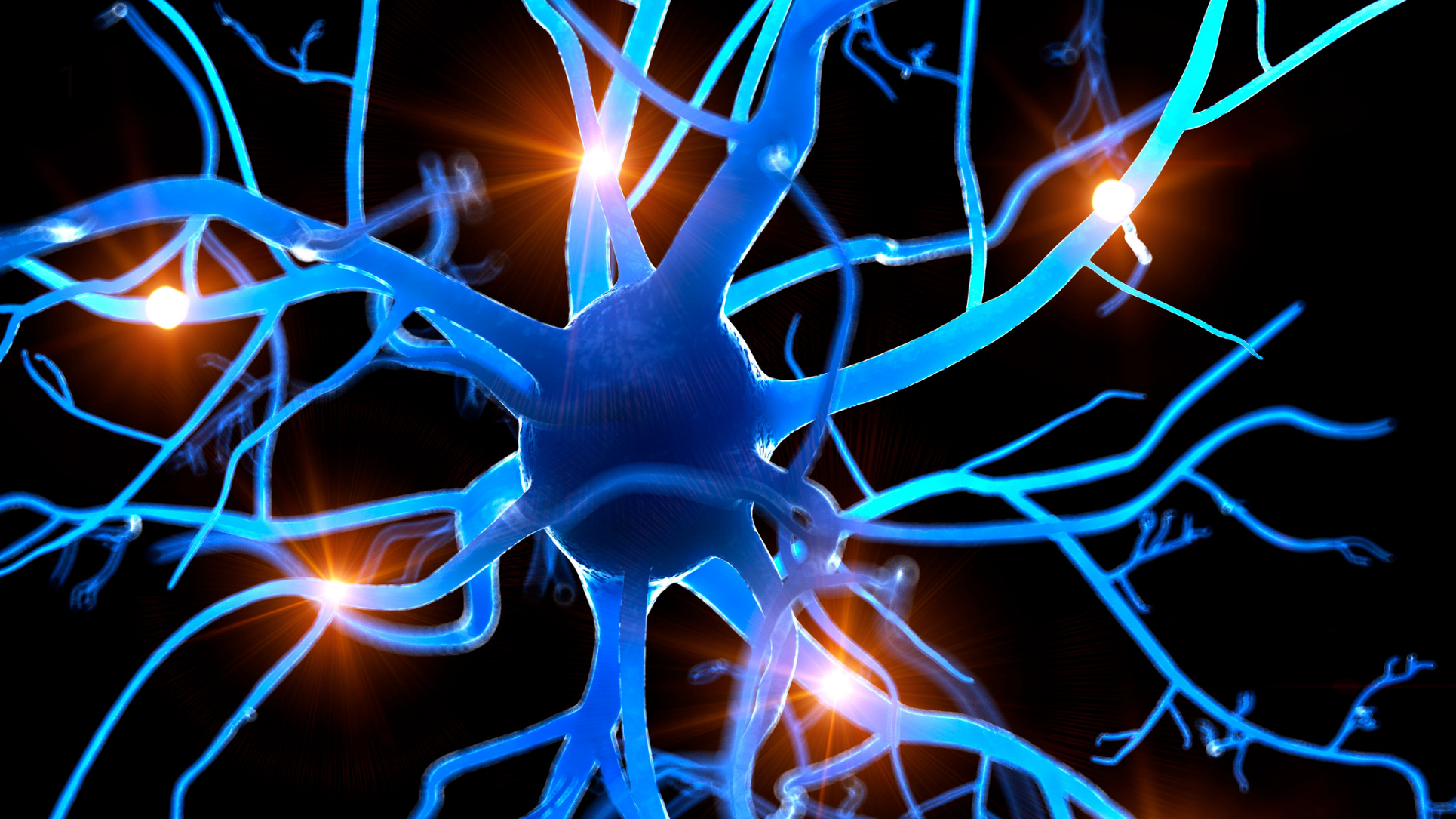Introduction
Mental health plays a crucial role in our overall well-being, yet millions of people worldwide struggle with anxiety every day. While occasional stress is a normal part of life, chronic anxiety can disrupt daily functioning and significantly impact mental health. Understanding the connection between anxiety and mental health is essential for recognizing symptoms, preventing long-term damage, and finding effective coping strategies.
What is Anxiety?
Anxiety is the body’s natural response to stress, often described as feelings of fear, worry, or unease. While occasional anxiety can be motivating in small doses, persistent or excessive anxiety can develop into a disorder.
Common types of anxiety disorders include:
- Generalized Anxiety Disorder (GAD): Ongoing, excessive worry about everyday situations.
- Panic Disorder: Sudden episodes of intense fear accompanied by physical symptoms like rapid heartbeat and shortness of breath.
- Social Anxiety Disorder: Fear of social situations or being judged by others.
- Phobias: Intense fear of specific objects, places, or situations.
The Connection Between Anxiety and Mental Health
Anxiety doesn’t just cause temporary distress—it can fundamentally alter how the brain and body function. When anxiety becomes chronic, it disrupts emotional stability, cognitive performance, and overall mental health.
- Emotional Impact: Persistent worry and fear can lead to mood swings, irritability, and a heightened risk of depression.
- Cognitive Impact: Anxiety affects concentration, decision-making, and memory, making everyday tasks more challenging.
- Behavioral Impact: Many people avoid social interactions or responsibilities, leading to isolation and reduced quality of life.
Common Symptoms of Anxiety That Impact Mental Health
Recognizing symptoms early is essential to protecting mental health.
Emotional Symptoms:
- Excessive worrying
- Irritability
- Restlessness
Physical Symptoms:
- Fatigue
- Insomnia or poor sleep quality
- Muscle tension, headaches, or stomach issues
Behavioral Symptoms:
- Avoiding social events
- Difficulty focusing at work or school
- Dependence on unhealthy coping mechanisms like alcohol or overeating
Long-Term Effects of Anxiety on Mental Health
Unchecked anxiety can have serious, long-term effects on mental health, including:
- Chronic Stress: Over time, stress hormones remain elevated, disrupting brain chemistry.
- Increased Risk of Depression: Anxiety often co-occurs with depression, creating a cycle of poor mental health.
- Relationship Strain: Irritability, withdrawal, and communication issues can weaken personal and professional relationships.
- Low Self-Esteem: Persistent anxiety often causes feelings of inadequacy and self-doubt.
How Anxiety Affects Daily Life and Well-Being
Anxiety influences nearly every aspect of daily life.
- Workplace Productivity: Anxiety reduces focus, leading to mistakes, procrastination, or burnout.
- Social Relationships: Fear of judgment or rejection can prevent meaningful connections.
- Overall Well-Being: Reduced energy, lack of motivation, and constant worry lower quality of life.

Effective Ways to Manage Anxiety and Protect Mental Health
While anxiety can feel overwhelming, there are proven strategies to manage it and improve mental health.
Lifestyle Changes:
- Exercise regularly to release endorphins.
- Maintain a balanced diet and avoid excessive caffeine.
- Prioritize sleep for better emotional regulation.
Mindfulness & Relaxation:
- Practice meditation, deep breathing, or yoga.
- Journaling can help process and manage emotions.
Professional Treatment:
- Cognitive Behavioral Therapy (CBT) to reframe negative thinking.
- Medication for severe cases under medical supervision.
- Support groups to share experiences and reduce isolation.
Social Support:
- Talking to family and friends about struggles.
- Seeking encouragement from trusted mentors or peers.
Special: Transform Your Mind: Break Free From Overthinking and Embrace Life. More HERE
When to Seek Professional Help
Not all anxiety requires medical intervention, but there are signs that professional help may be needed:
- Anxiety lasts for months without improvement.
- Symptoms interfere with work, relationships, or health.
- You experience panic attacks or frequent overwhelming worry.
- Coping strategies no longer provide relief.
Early intervention by a mental health professional can prevent long-term complications and help restore balance.
Breaking the Stigma Around Anxiety and Mental Health
Despite growing awareness, stigma remains a barrier for many seeking help. Mental health is just as important as physical health, and discussing anxiety openly can normalize the experience. Encouraging supportive conversations, promoting mental health education, and challenging stereotypes all help reduce stigma and create a healthier society.
Conclusion
Anxiety is more than just occasional worry—it is a condition that can deeply affect mental health, relationships, and quality of life. By recognizing the signs, understanding its impact, and adopting effective coping strategies, individuals can take control of their mental health journey. Remember, seeking support is a sign of strength, not weakness. Prioritizing mental health today builds resilience, well-being, and a brighter tomorrow.
✅ “Struggling with anxiety? Don’t wait—reach out to a mental health professional today and take the first step toward better mental health.”
🔹FAQs
Q1: How does anxiety affect mental health?
Anxiety impacts mental health by disrupting emotional balance, reducing concentration, and increasing the risk of depression and other disorders.
Q2: What are common signs of anxiety disorders?
Symptoms include excessive worry, irritability, fatigue, insomnia, headaches, and avoidance of social situations.
Q3: Can anxiety cause long-term mental health problems?
Yes, untreated anxiety can lead to depression, chronic stress, and relationship difficulties.
Q4: How can I cope with anxiety to protect my mental health?
Coping strategies include mindfulness, regular exercise, therapy, and strong social support systems.
Q5: When should I seek professional help for anxiety?
Seek help if anxiety lasts for months, disrupts daily life, or causes panic attacks.
📚 References
- American Psychiatric Association. (2023). What are Anxiety Disorders?
https://www.psychiatry.org/patients-families/anxiety-disorders - National Institute of Mental Health (NIMH). (2023). Anxiety Disorders.
https://www.nimh.nih.gov/health/topics/anxiety-disorders - World Health Organization (WHO). (2022). Mental health and substance use.
https://www.who.int/health-topics/mental-health - Mayo Clinic. (2023). Anxiety disorders: Symptoms and causes.
https://www.mayoclinic.org/diseases-conditions/anxiety/symptoms-causes/syc-20350961 - Harvard Health Publishing. (2021). Anxiety and the brain.
https://www.health.harvard.edu/mind-and-mood/anxiety-and-the-brain


